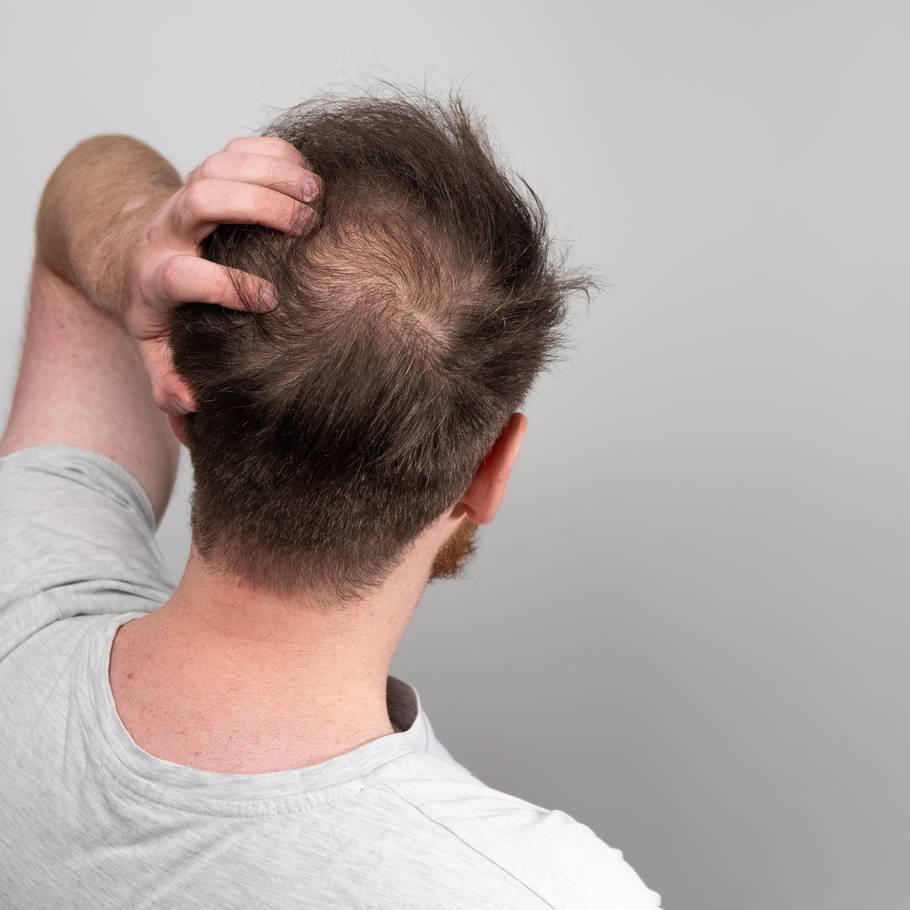Pulse of Information
Stay updated with the latest news and insights.
Where Did My Hair Go? The Mystery of Hair Loss
Unravel the mystery of hair loss! Discover the causes, treatments, and tips to reclaim your confidence and your hair.
Understanding the Causes: Why Am I Losing My Hair?
Understanding the reasons behind hair loss can provide valuable insights into this common issue that many individuals face. There are numerous factors that can contribute to hair loss, including genetic predisposition, hormonal changes, and medical conditions. For instance, inherited conditions like androgenetic alopecia can result in gradual thinning of hair, affecting both men and women. Additionally, significant hormonal shifts, such as those occurring during pregnancy, menopause, or due to thyroid disorders, can also lead to hair shedding.
Another significant aspect to consider is the impact of lifestyle choices on hair health. Poor nutrition, high stress levels, and inadequate hair care practices can exacerbate hair loss. A diet lacking in essential nutrients like vitamins A, C, D, and E, as well as minerals such as iron and zinc, may weaken hair follicles. Stress is known to trigger conditions like telogen effluvium, where hair abruptly falls out. Therefore, recognizing these underlying causes is crucial in addressing and potentially reversing hair loss.

Effective Solutions: How to Combat Hair Loss
Dealing with hair loss can be a distressing experience for many individuals. Fortunately, there are effective solutions available to help combat this issue. One popular method is the incorporation of minoxidil, a topical solution that can stimulate hair growth and increase thickness. Additionally, finasteride is a prescription medication that works by blocking hormones responsible for hair loss. Both treatments have been clinically proven to yield positive results, making them worthwhile options for those seeking to restore their hair.
In addition to medical treatments, lifestyle changes can play a critical role in managing hair loss. A well-balanced diet rich in vitamins and minerals is essential for healthy hair. Consider incorporating foods high in biotin, zinc, and iron to support hair strength. Furthermore, engaging in stress-reducing activities such as yoga or meditation can hinder the progression of hair loss, as stress is often a significant factor. By combining these approaches, individuals can create a comprehensive strategy to combat hair loss effectively.
Myths and Facts: What You Should Know About Hair Loss
Hair loss is often surrounded by numerous myths, creating confusion about what is fact and what is fiction. One common myth is that hair loss is solely a genetic issue, but in reality, it can also be caused by various factors such as stress, hormonal changes, and nutritional deficiencies. Many believe that wearing hats frequently can lead to hair loss; however, this is not true, as hats do not affect hair follicles or growth. Understanding the true causes of hair loss is crucial for individuals seeking effective treatments.
On the other hand, many facts about hair loss can help demystify the condition. For instance, it's a common experience, affecting millions of people worldwide. According to studies, nearly 70% of men experience some degree of hair loss by age 70, while women also face significant thinning. Additionally, there are various treatment options available, ranging from over-the-counter products to medical procedures. Embracing these facts can empower individuals to take proactive steps towards managing their hair health.